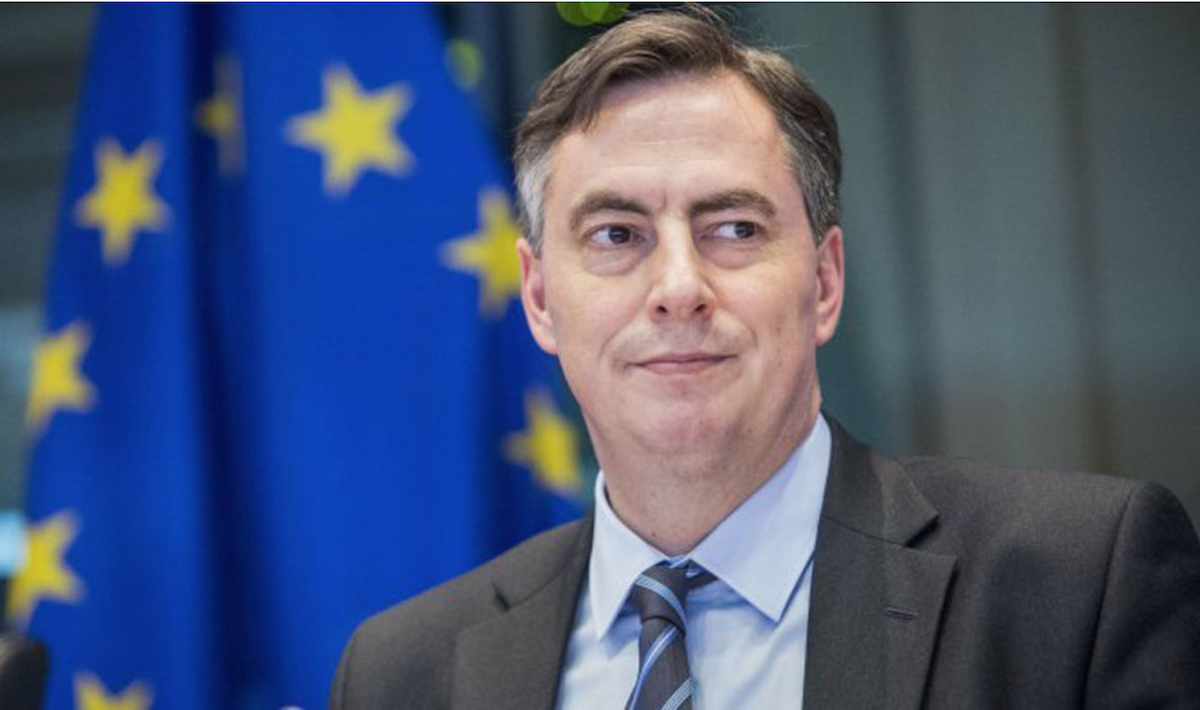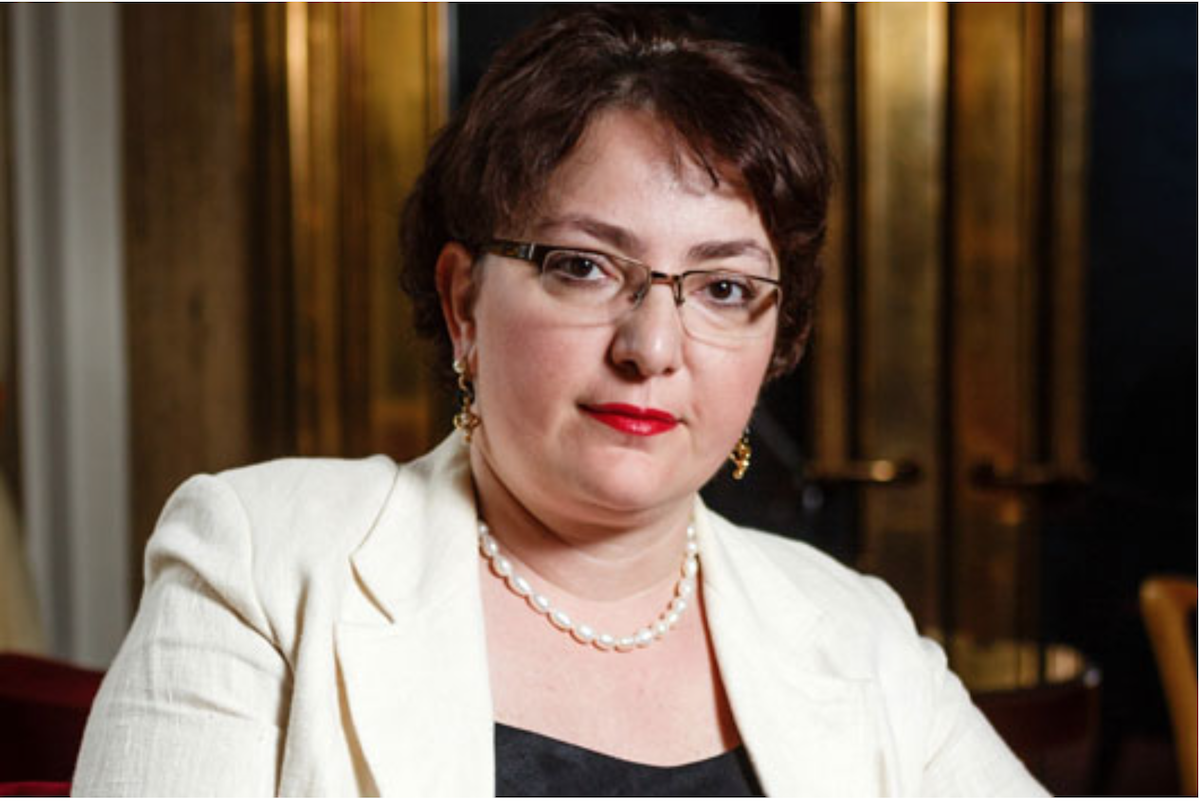EU Commissioner Magnus Brunner: Decline of democracy in Georgia is deeply concerning
EU Commissioner slams Georgia’s democratic decline
“The ongoing decline of democracy in Georgia is deeply concerning. Recently, officials adopted several legislative amendments that restrict fundamental human rights and undermine democratic governance,” said EU Commissioner for Internal Affairs and Migration Magnus Brunner during a plenary session of the European Parliament.
He added that the European Union remains in solidarity with the Georgian people and urges the Georgian government to take swift action to de-escalate the situation in the country.
The parliamentary elections on 26 October 2024 triggered mass protests across Georgia. Four opposition groups—three coalitions and one party—that entered parliament unanimously declared widespread electoral fraud, refused to recognize the new parliament’s legitimacy, and renounced their mandates.
Georgian President Salome Zourabichvili also stated that the elections were rigged and the newly elected parliament and all its decisions are illegitimate. She announced that she would remain in office until new parliamentary elections are held to ensure a lawful transition of power.
On 28 November, Prime Minister Irakli Kobakhidze of “Georgian Dream” declared that Georgia would suspend EU accession talks until 2028. This decision sparked another wave of continuous protests, with tens of thousands demanding the protection of the constitution, which enshrines the country’s commitment to European integration, and the holding of new parliamentary elections.
Magnus Brunner also urged Georgian officials to heed the public’s call for new elections.
What did EU Commissioner Magnus Brunner say?
“For more than 50 days, Georgians have been taking to the streets, fighting for the democratic future of their country as part of the European family and exercising their basic rights, for which they face brutal repression, intimidation, and arrests.
The ongoing decline of democracy in Georgia is deeply concerning. Recently, officials adopted several legislative amendments that restrict fundamental human rights and undermine democratic governance. Violence and incitement of hatred against peaceful protesters, politicians, and media representatives, reports of politically motivated dismissals of civil servants, and threats against Salome Zourabichvili are absolutely unacceptable.
Many detainees remain in custody and face criminal prosecution, yet no charges have been brought against any law enforcement officers, despite reports from Georgia’s Ombudsman about the brutal suppression of protests and the torture of detainees.
Such actions are unacceptable for a country with EU candidate status. The European Union stands in solidarity with the Georgian people and calls on the authorities to take immediate steps to de-escalate the situation, release detainees, and investigate incidents of violence. Law enforcement officers involved in unlawful actions against protesters must also be held accountable.”
“We also urge Georgian officials to implement the recommendations outlined in the OSCE’s final election report and to explore all options to restore public trust in Georgia’s democratic institutions, including considering the public’s call for new elections.
Last year, the European Union took several measures in response to the ongoing backsliding of democracy in Georgia. We reduced political contacts and suspended financial aid to Georgian officials: €30 million from the European Peace Facility and over €120 million in direct government support.
At the same time, we continue to support civil society organizations and independent media. €8.5 million has already been allocated to them, and we are prepared to provide additional funding as we must intensify efforts to counter [government] disinformation.”
EU Commissioner slams Georgia’s democratic decline




















